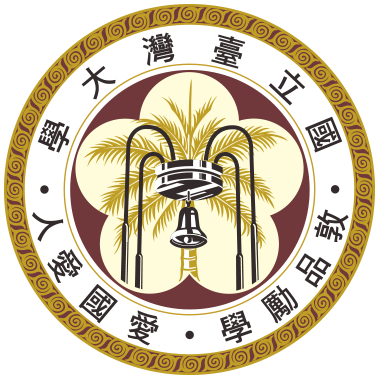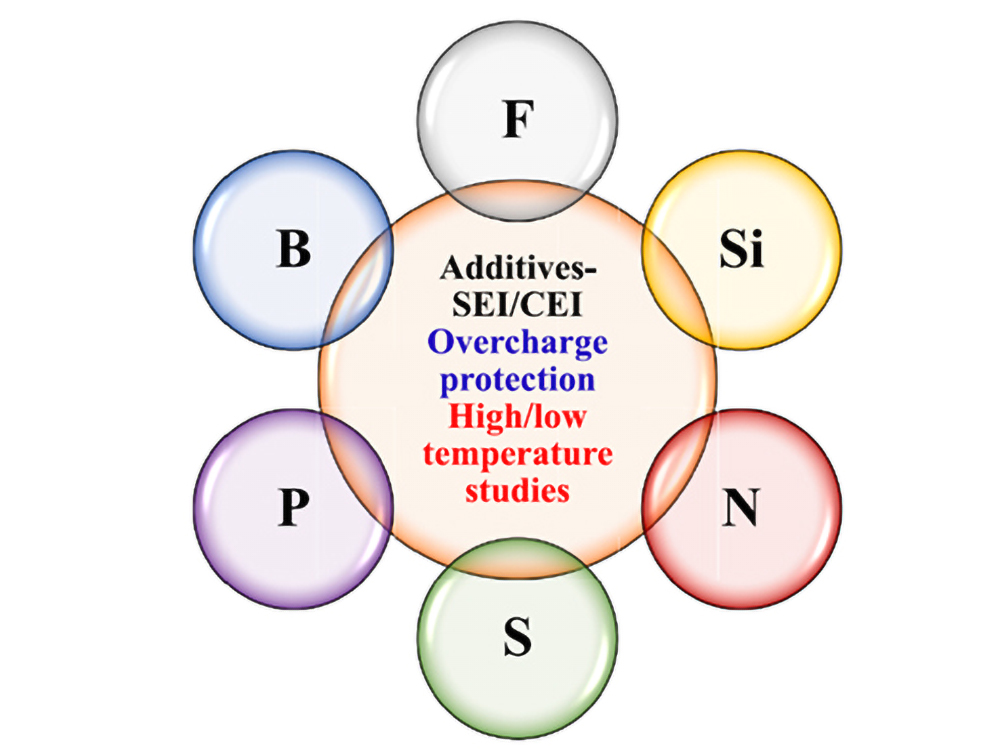The renewable energy industry is listed as a key industry for the country's future development. An important part of the development of renewable energy lies in the development of cheap and high-performance energy storage battery systems. Lithium-ion batteries are currently the most important battery system for renewable energy storage and electric vehicle applications, and are expected to continue to play an important role in the near future. The composition of the electrolyte in the Lithium-ion battery strongly affects the performance of lithium-ion batteries, and the additives in it are important components of high-efficiency electrolytes, which often have significant impacts on the general electrochemical performance, electrode stability, cycle life, and long-term stability (especially at high temperatures) and safety of the batteries. Their chemical properties are highly diverse, and their modes of action are sometimes not fully understood.
Professor Nae-Lih Wu and his research team (Dr. S. Bolloju) from the Department of Chemical Engineering and the Advanced Research Center for Green Materials Science and Technology of National Taiwan University, in collaboration with the team of Professor Doron Aurbach of Bar-Ilan University in Israel, recently published a review paper titled "Electrolyte additives for Li-ion batteries: classification by elements" in the top-ranked journal “Progress in Materials Science”. In this paper, various additives used in lithium-ion secondary batteries are systematically investigated, with the emphasis on the importance of their functional groups. The paper innovatively proposes the idea of using important and representative core elements for additive classification and specifications. This will further clarify and analyze the functions of additives and provide valuable clues for the development of new additives in the future.
Link to the paper: https://www.sciencedirect.com/science/article/pii/S007964252400118X?via%3Dihub


